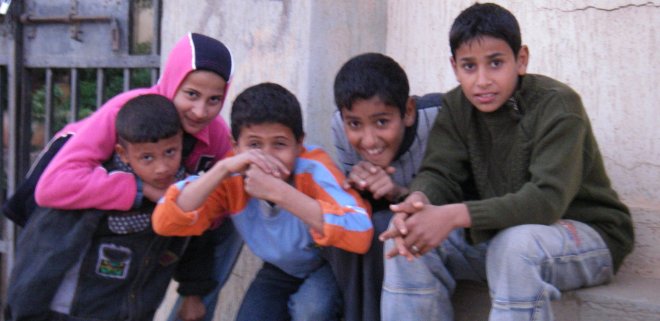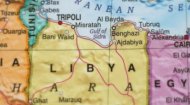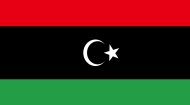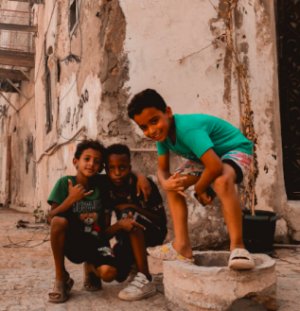|
Libya Profile |
Libya Profile |
Libya Profile | Libya Profile |

|
Since 2011, Libya's governance has been fragmented, with a persistent struggle for a unified, legitimate government. The country has been largely divided between rival administrations and numerous armed groups since 2014. Currently, the internationally recognised Government of National Unity (GNU), based in Tripoli, holds nominal authority, while an opposing parliament, the House of Representatives (HoR), and its aligned forces maintain influence in the east. This fragmentation has been exacerbated by regional and international interference, with various foreign powers supporting different factions. Efforts to establish a unified political framework, including UN-backed peace processes and attempts at holding national elections, have repeatedly faltered, leaving the nation in a precarious state of political uncertainty and a lack of centralised control. Libya possesses Africa's largest proven oil reserves and is a member of OPEC, making its economic profile overwhelmingly dependent on hydrocarbon exports. Oil and gas revenues typically account for over 90% of government income and export earnings. Libyan social profile is deeply rooted in tribal affiliations, which often wield more influence than national institutions, especially outside urban centres. The population is primarily Arab and Berber, with significant minority groups including the Tuareg in the south and Toubou in the southeast. Islam is the predominant religion and plays a central role in guiding cultural norms, values, and daily practices. Family bonds are exceptionally strong, serving as the primary social safety net in times of hardship. Libya's cultural heritage is a rich blend of indigenous traditions, Arab-Islamic influences, and remnants of its Roman and Ottoman past. Traditional music, poetry, and storytelling are important aspects of cultural expression. Crafts such as carpet weaving, leatherwork, and silver jewellery are also notable. Despite the challenges, Libyans take pride in their hospitality, resilience, and their rich historical legacy, often reflected in their traditional dress, cuisine (like couscous, bazin, and shakshuka), and communal gatherings. For ordinary Libyans, daily life is a constant negotiation with the realities of political instability and sporadic conflict. While major cities like Tripoli and Benghazi strive for normalcy, residents often contend with unreliable public services, including electricity shortages, water scarcity, and damaged infrastructure. Security remains a primary concern, with checkpoints, armed groups, and the threat of violence an ever-present dimension of urban and rural existence. Despite these hardships, the resilience of the Libyan people is remarkable. Community ties and family support networks are paramount, offering a sense of stability and normalcy. Traditional cafes, souks (markets), and mosques remain central to social interaction. People adapt, find strength in their faith, and continue to observe cultural traditions and family celebrations, striving to maintain a semblance of routine and hope for a more peaceful future. The ambition for education, economic opportunity, and a return to stability remains a driving force in the lives of many. Libya, with a population of 7.42 million (2025), is in 115th place out of 193 countries and territories in 2021 when ranked in terms of life expectancy, literacy, access to knowledge and living standards. |






 However, political instability and conflict have severely impacted oil production, causing frequent disruptions, blockades of oil fields, and damage to infrastructure. This volatility has led to a significant decline in living standards, high unemployment rates, especially among the youth, and persistent inflation. While there is potential for diversification into other sectors like tourism (given the historical sites) and agriculture, the prevailing security situation and lack of a stable regulatory environment make such development largely impossible. The illicit trade, including human trafficking, has also unfortunately become a significant negative economic factor due to the porous borders and breakdown of state authority.
However, political instability and conflict have severely impacted oil production, causing frequent disruptions, blockades of oil fields, and damage to infrastructure. This volatility has led to a significant decline in living standards, high unemployment rates, especially among the youth, and persistent inflation. While there is potential for diversification into other sectors like tourism (given the historical sites) and agriculture, the prevailing security situation and lack of a stable regulatory environment make such development largely impossible. The illicit trade, including human trafficking, has also unfortunately become a significant negative economic factor due to the porous borders and breakdown of state authority.


